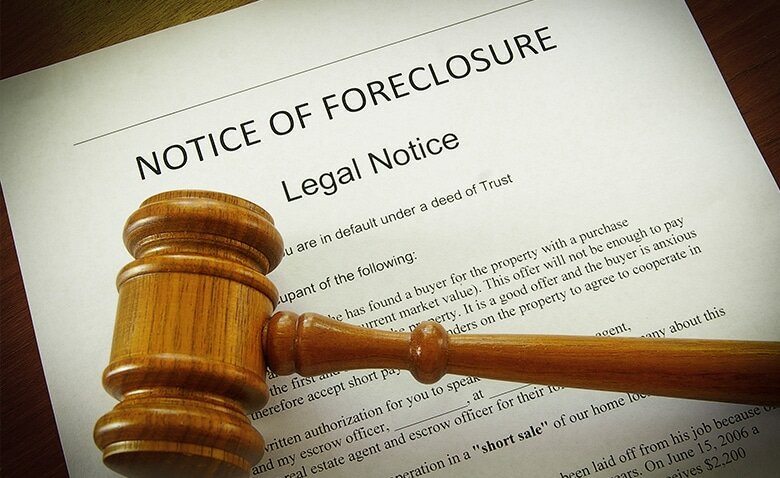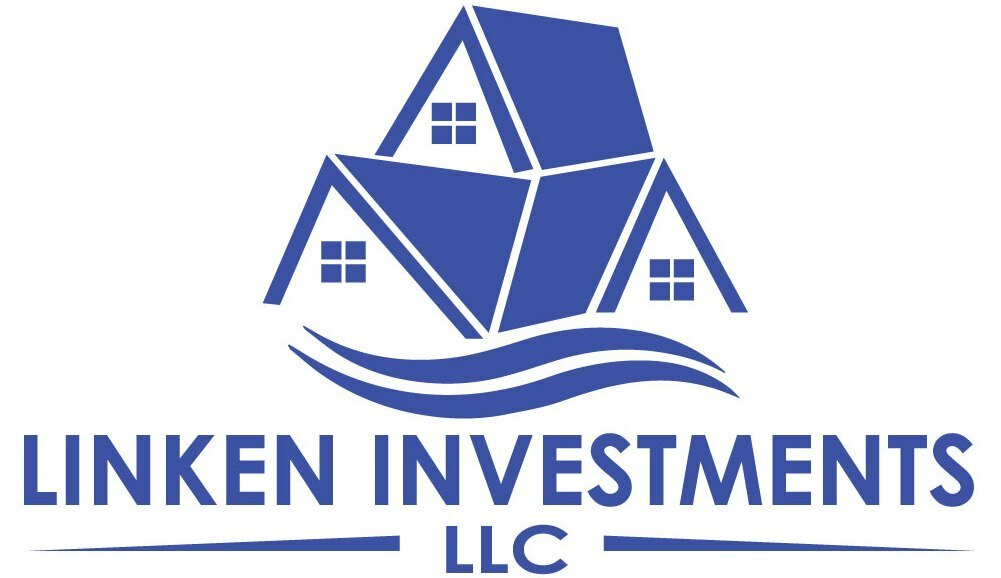
Understanding the foreclosure process in Lynchburg VA is an important part of navigating your own home foreclosure. Learn more about foreclosure and how to avoid it at Foreclosure Help in Lynchburg, VA.
Understanding the Foreclosure Process in Virginia
What is foreclosure anyway?
In Lynchburg, the foreclosure process follows state laws and regulations, which may vary from other regions. It’s essential for homeowners to familiarize themselves with the specific foreclosure procedures and timelines applicable in Lynchburg to better prepare for potential challenges.
Foreclosure is no fun. But just know that it’s not the end of the world.
When you know how foreclosure in Lynchburg works… it arms you with the knowledge to make sure you navigate it well and come out the other end as well as possible.
A foreclosure notice of default in Virginia is a legal document that a lender files with the Circuit Court in the county where the property is located, indicating that the borrower has defaulted on their mortgage payments. The notice of default informs the borrower that the lender intends to foreclose on the property and sell it to recover the outstanding debt.
In Virginia, the lender must file a notice of default at least 30 days before initiating foreclosure proceedings. The notice of default must include information such as the amount owed, the date of the last payment, and the borrower’s right to cure the default by paying the outstanding amount within a specific period.
The Basic Stages of A Foreclosure
There are a few stages that are important to any foreclosure process.
Foreclosure works differently in different states around the country.
The two ways different states use to foreclose upon a property are: judicial sale or power of sale.
Connect with us by calling 434-390-2906 or through our contact page to have us walk you through the specific foreclosure process here locally in Lynchburg.
In either scenario, foreclosure typically doesn’t go to court until 3-6 months of missed payments have elapsed. Usually (but not always), a lender will send out many notices that you are in arrears – overdue or behind in your payment.
Under Judicial Foreclosure:
- Your mortgage lender must file suit in the court system.
- You’ll get a letter from the court demanding payment.
- Assuming the loan is valid, you’ll have 30 days to bring payment to court to avoid foreclosure (and sometimes that can be extended).
- If you don’t pay during the payment period, a judgment will be entered and the lender can request the sale of your property – usually through an auction.
- Once the property is sold, the sheriff serves an eviction notice and forces you to immediately vacate the property.
Under Power of Sale (or Non-Judicial Foreclosure):
- The mortgage lender serves you with papers demanding payment, and the courts are not required – although the process may be subject to judicial review.
- After the established waiting period has elapsed, a deed of trust is drawn up and control of your property is transferred to a trustee.
- The trustee can then sell your property to the lender at a public auction (notice must be given).
Anyone who has an interest in the property must be notified during either type of foreclosure.
For example, any contractors or banks with liens against a foreclosed property are entitled to collect from the proceedings of an auction.
If the borrower fails to cure the default within the specified time frame, the lender may proceed with the foreclosure process. The foreclosure process in Virginia typically involves a public auction, where the property is sold to the highest bidder. The proceeds from the sale are used to pay off the outstanding debt, and any excess is returned to the borrower.
It is essential to note that Virginia is a “non-judicial foreclosure” state, meaning that the foreclosure process does not involve the court unless the borrower contests the foreclosure.
What Happens After A Foreclosure Auction?
After a foreclosure is complete, the loan amount is paid off with the sale proceeds.
Sometimes, if the sale of the property at auction isn’t enough to pay off the loan, a deficiency judgment can be issued against the borrower.
A deficiency judgment is where the bank gets a judgment against you, the borrower, for the remaining funds owed to the bank on the loan amount after the foreclosure sale.
Some states limit the amount owed in a deficiency judgment to the fair value of the property at the time of sale, while other states will allow the full loan amount to be assessed against the borrower.
Here’s a great resource that lists the state by state deficiency judgment laws, since every state is different.
Conclusion
Generally, it’s best to avoid a foreclosure auction. Instead, call up the bank, or work with a reputable real estate firm like us at Linken Investments LLC to help you negotiate discounts off the amount owed to avoid having to carry out a foreclosure.
Experienced investors can help you by negotiating directly with banks to lower the amount you owe in a sale – or even eliminate it, even if your home is worth less than you owe.
We buy houses in Lynchburg, Roanoke, Farmville, Appomattox, Salem, Bedford, Amherst, AltaVista, Rustburg, Vinton, Hollins, Moneta. We know the area, which means we can help you sell your house fast no matter where it is or what condition it’s in (and even if there are tenants). We are Home Buyers who pay cash.
Don’t worry about repairing or cleaning up your property. We’ll buy your house in as-is condition… no matter how ugly or pretty it is… no matter the location. We close fast and pay cash in as little as just 7 days.
Give us a call or text now at 434-390-2906 or fill out the short form below.
Another Foreclosure Resource For Lynchburg Virginia HomeOwners:
